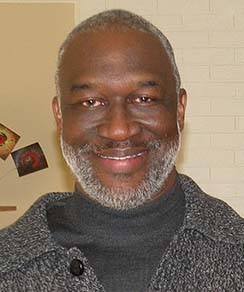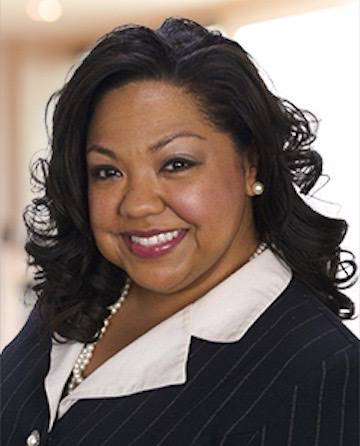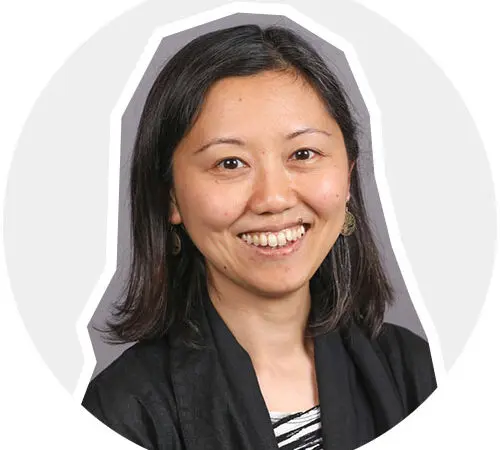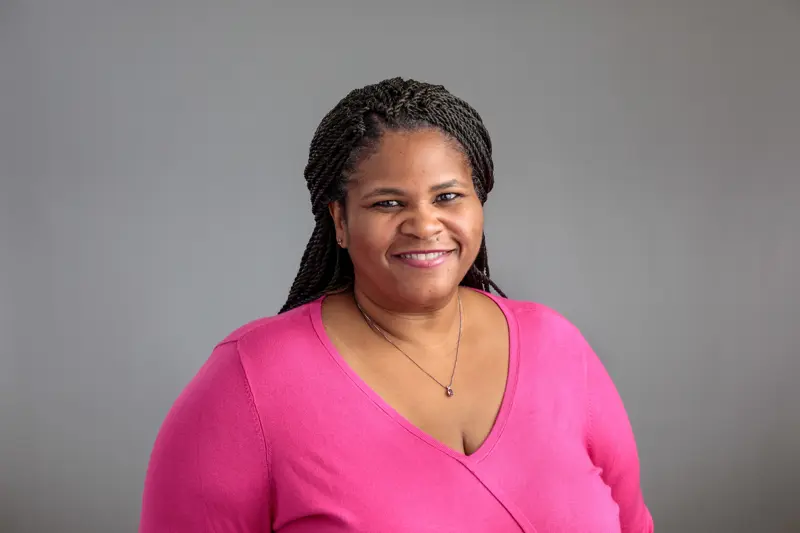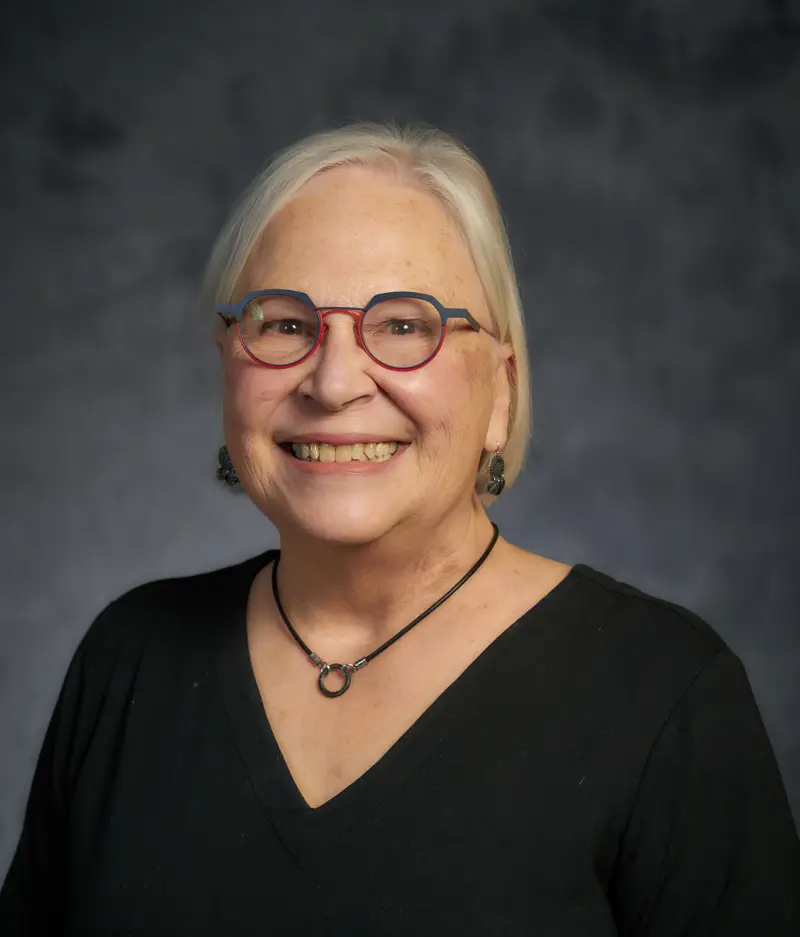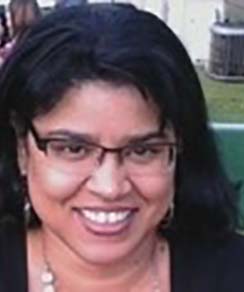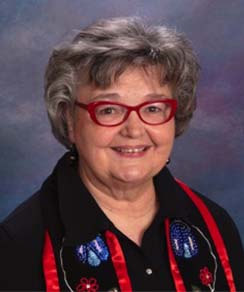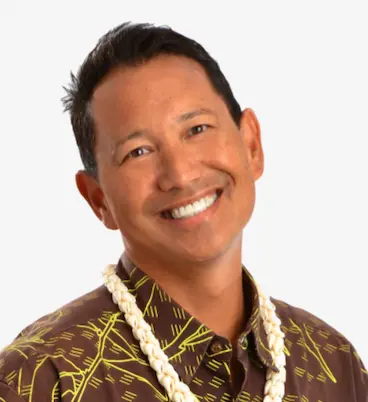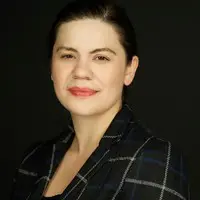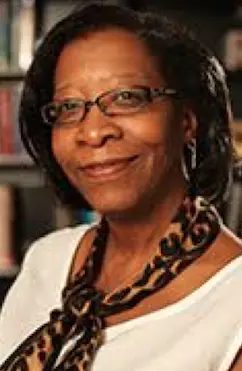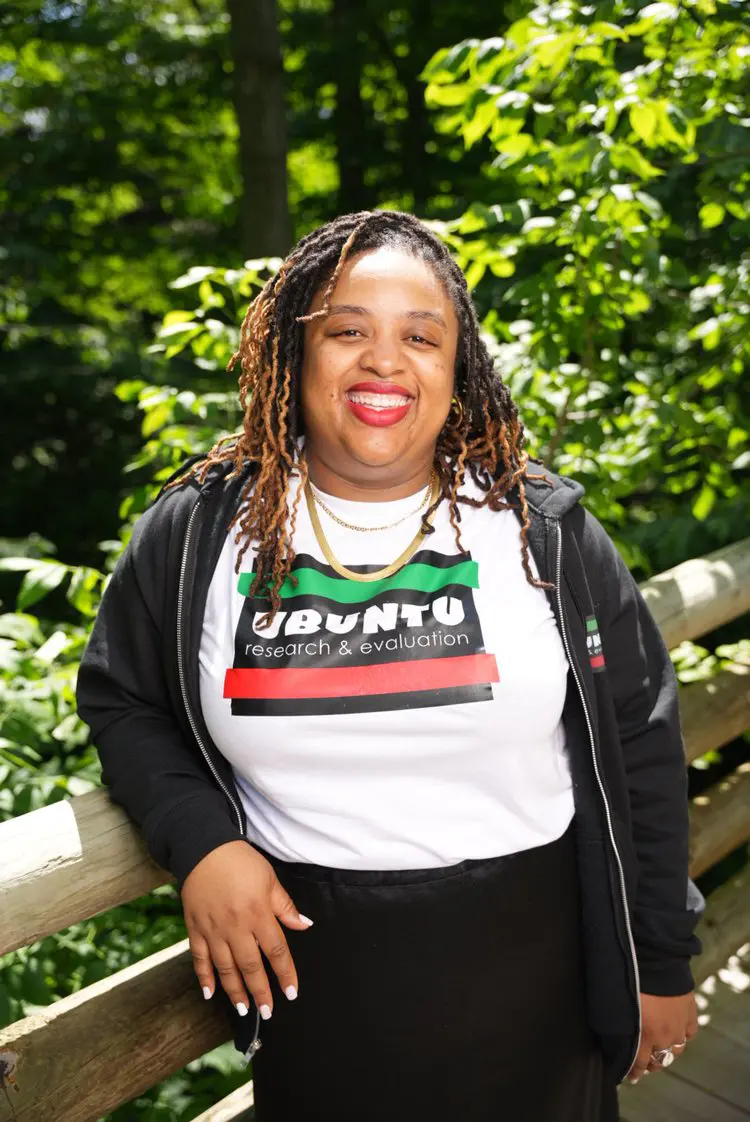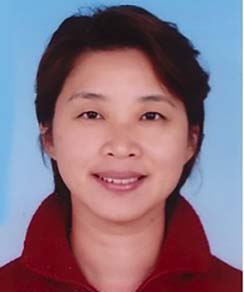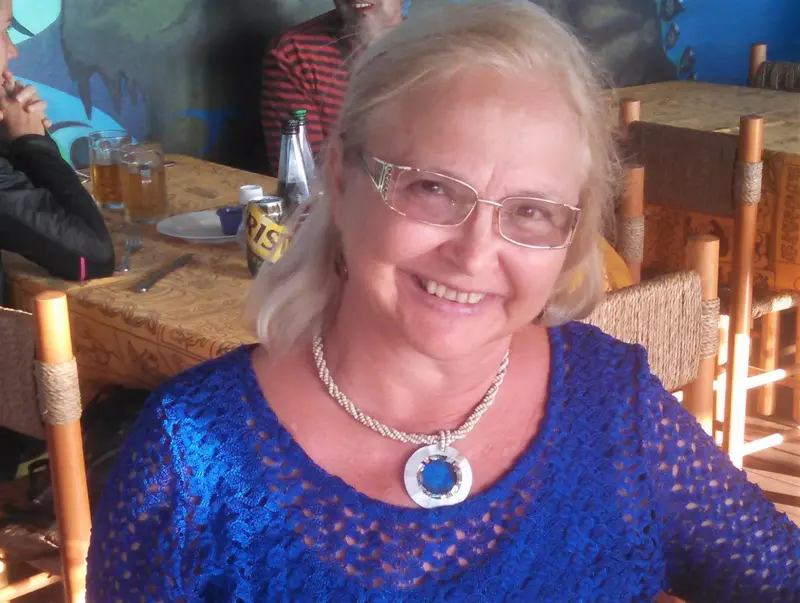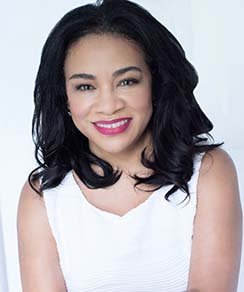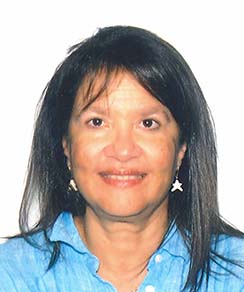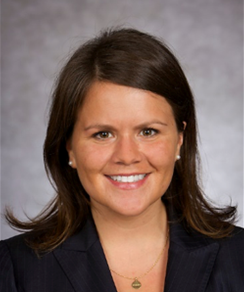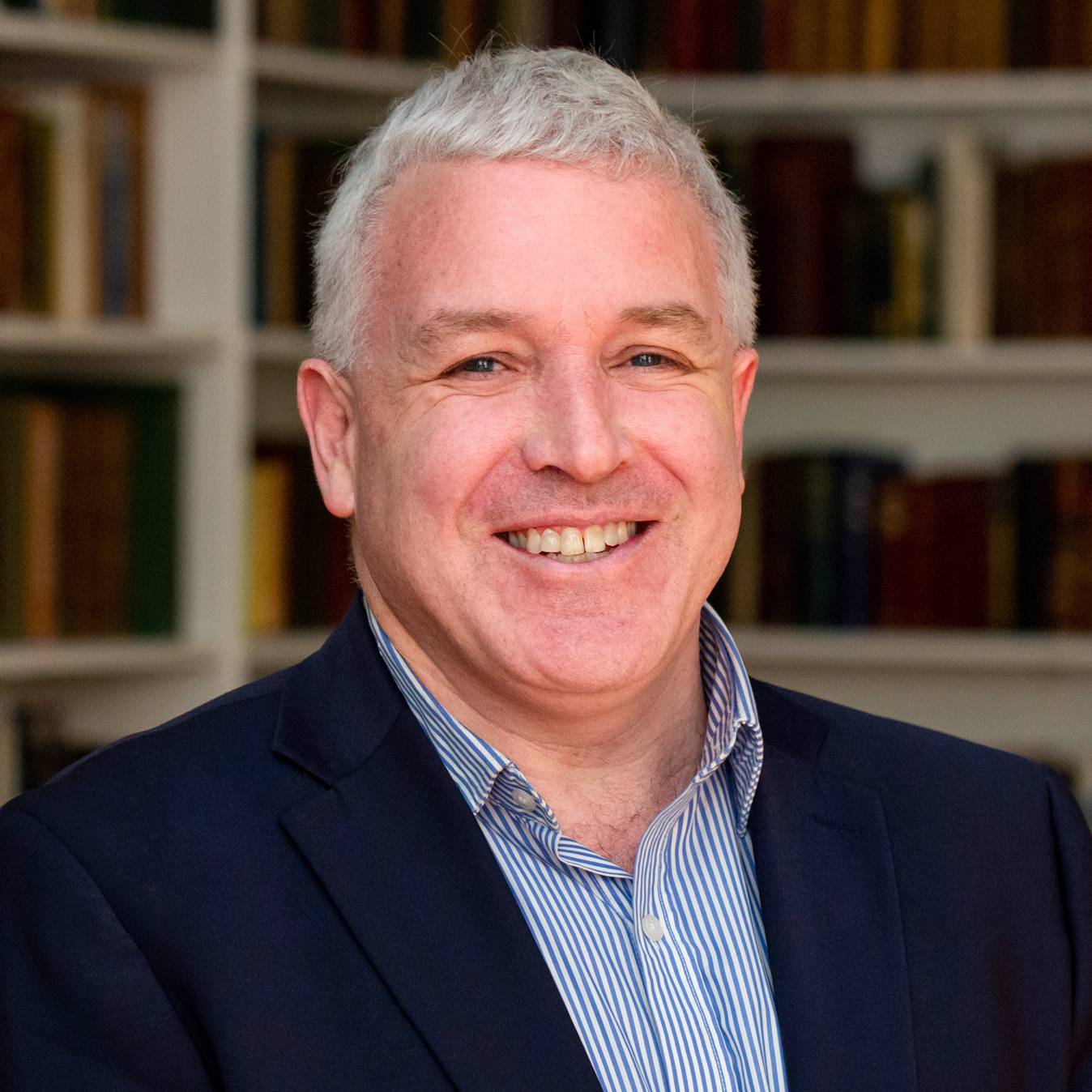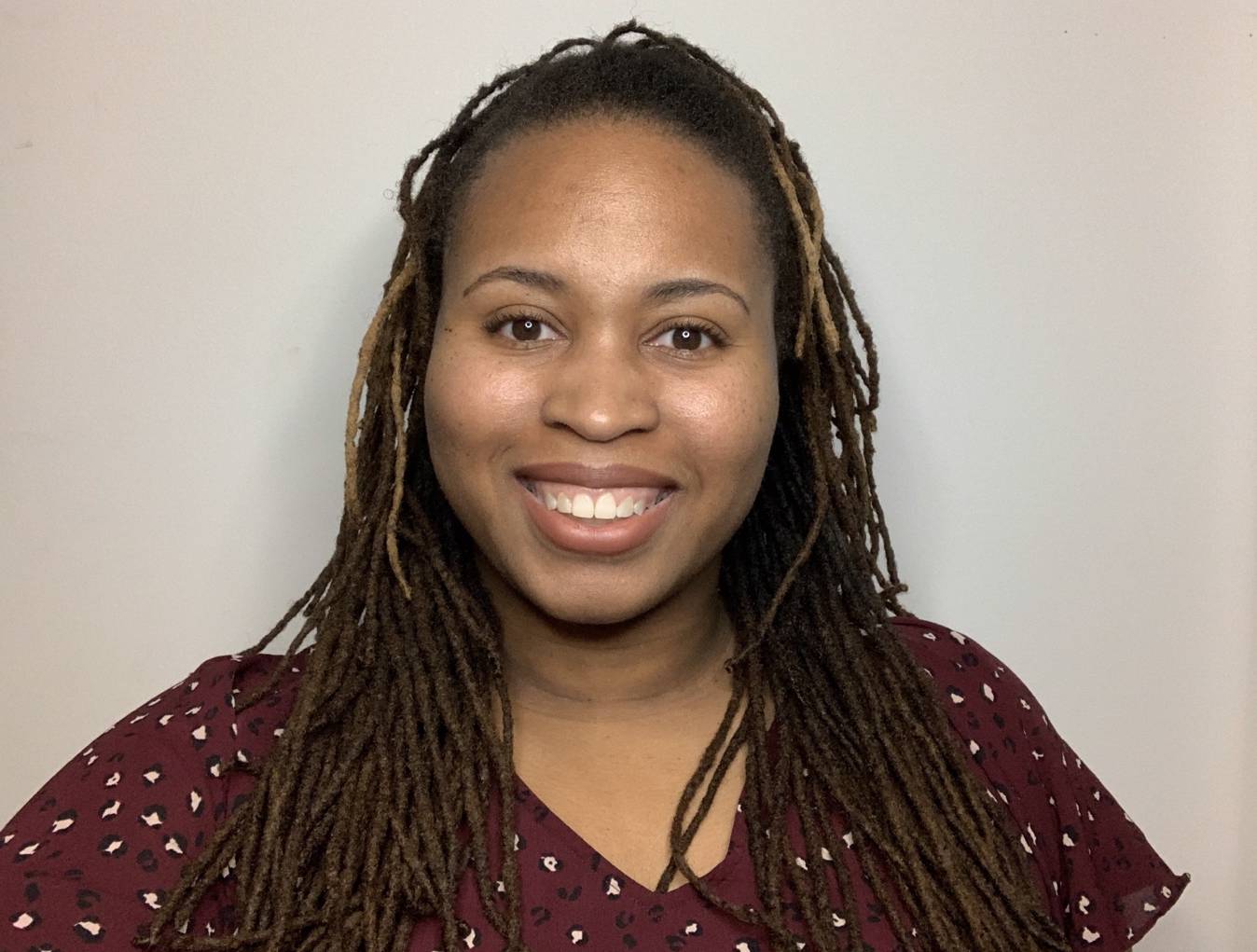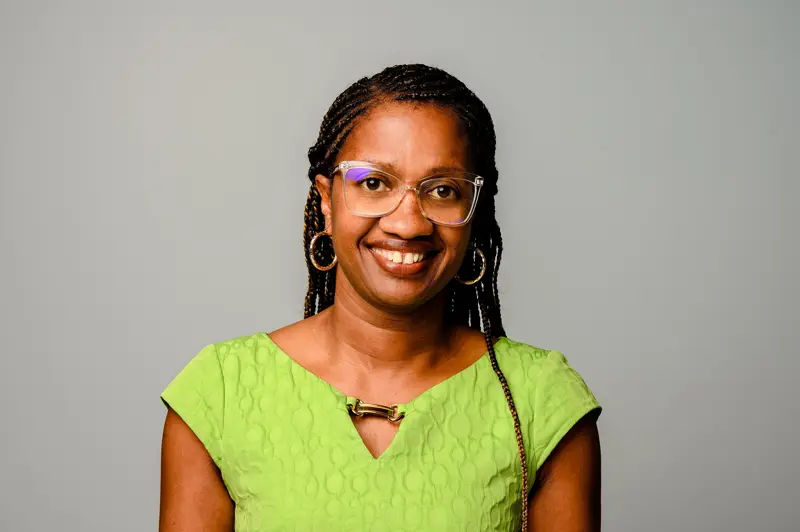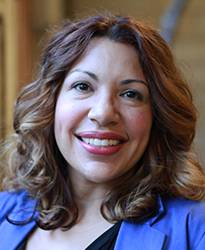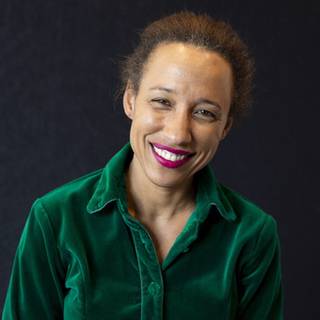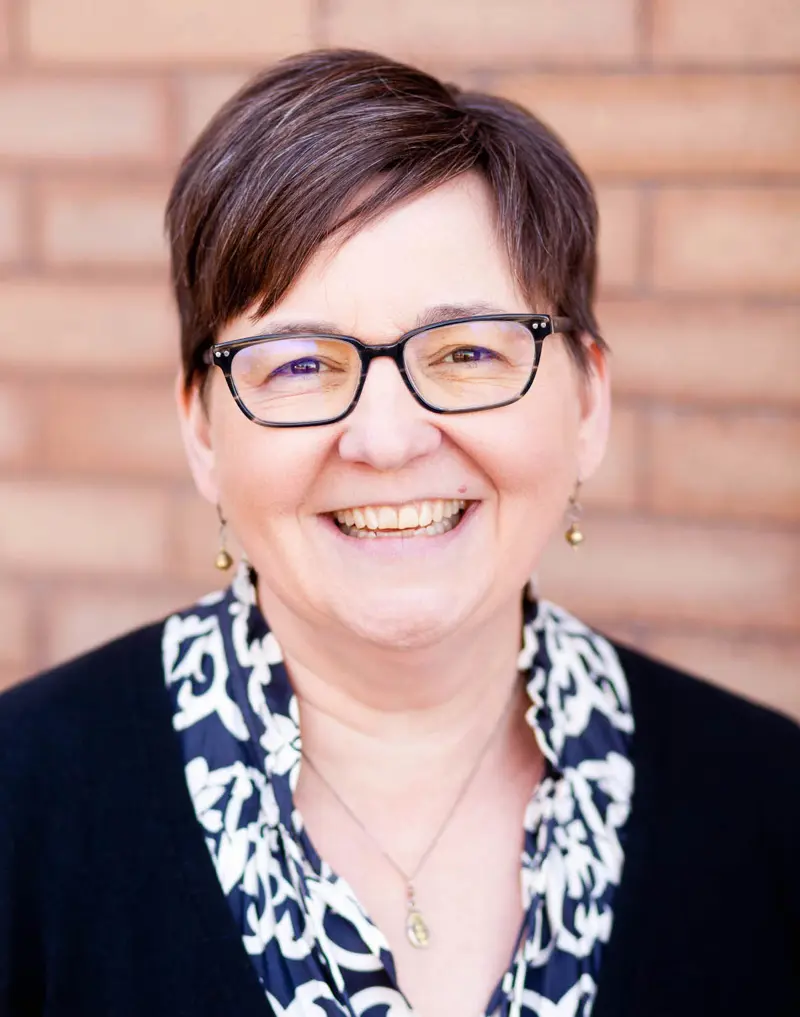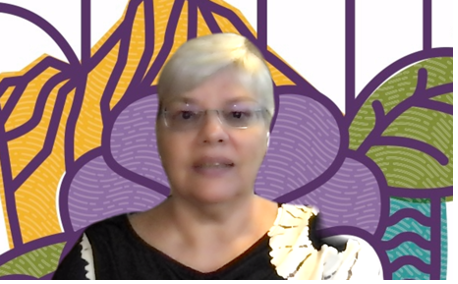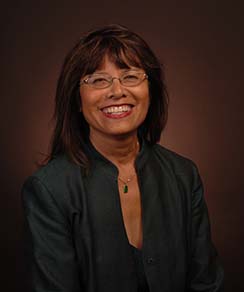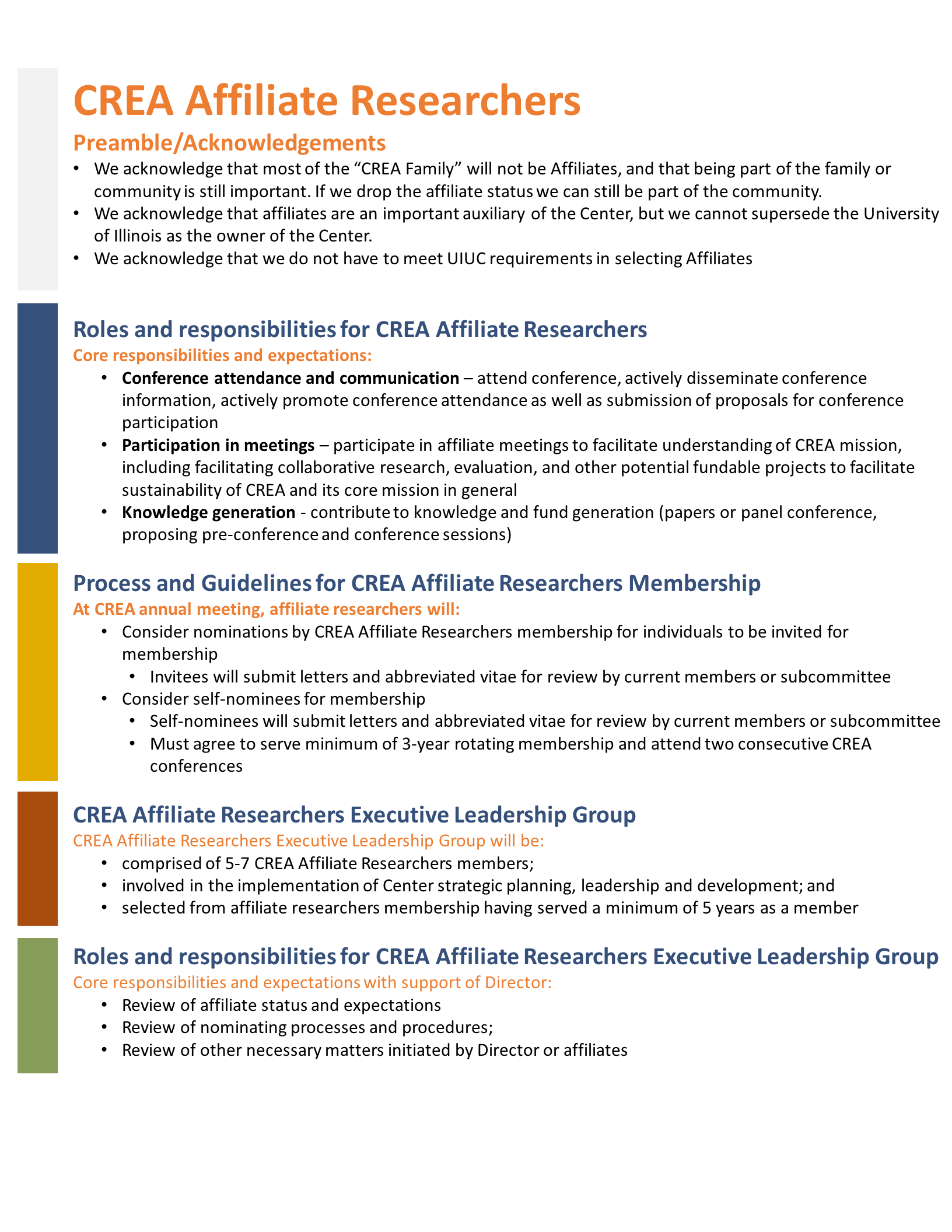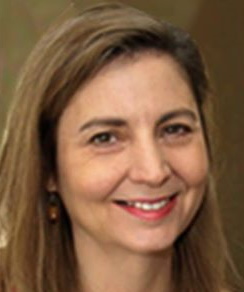
Suzanne Callahan (Callahan Consulting)
Suzanne Callahan founded Callahan Consulting for the Arts in 1996 to help artists, arts organizations, and funders realize their vision through services that include planning, resource development, evaluation, research, and philanthropic counsel. She brings over 30 years’ experience as a national funder, for the National Endowment for the Arts (NEA), Dance/USA, and other organizations. In 2018-2020, the firm led the design and management of Dance/USA Fellowships to Artists, a $1.9 million program that, with the support of the Doris Duke Charitable Foundation, supports individual dance artists who are working to address social change in communities. Her firm has conducted studies for the Doris Duke Charitable Foundation, Chicago Community Trust and the Andrew W. Mellon Foundation. Evaluations conducted by her firm have focused on the creative process and audience engagement, as well as the intersection of arts with social justice, service delivery, education, philanthropy and healthcare. Callahan is an author and frequent lecturer in arts evaluation at national and regional conferences. Her book Singing Our Praises: Case Studies in the Art of Evaluation, published by the Association of Performing Arts Professionals, was awarded Outstanding Publication of the Year from the American Evaluation Association (AEA). Her evaluation writings have been published in the Chronicle of Philanthropy, and the Grantmakers in the Arts Reader, as well as the journals of national arts service organizations. She has instructed for the Association of Performing Arts Professionals, Society for Arts in Healthcare, South Arts, and Arts Midwest. She has been a guest lecturer at numerous universities and an adjunct professor at GWU. She conceived of and produced the Dance/USA book Dance from the Campus to the Real World (and Back Again): A Resource Guide for Artists, Faculty and Students. Both of her books are used as college texts. Callahan has served as panelist or site visitor for numerous foundations and associations and on advisory committees for the Arts and Humanities Council of Montgomery County, the Society for Arts in Healthcare and Dance Metro DC. She is a member of the National Network of Consultants to Grantmakers, Certified Fund Raisers International, and other organizations in the arts and evaluation fields. At the NEA she received a Distinguished Service Award for her leadership as Chair to the agency's AIDS Working Group and for her efforts to address the issues of AIDS and health insurance for artists. A former dance teacher, Callahan holds an M.A. in Dance Education and a Certificate in Fundraising from George Washington University, where she also studied evaluation and anthropology, and a BA from Northwestern University. She has studied evaluation at numerous organizations and with some of the foremost experts in the field, including Michael Quinn Patton and Richard Krueger, and trained in facilitating communities of practice with Etienne Wenger. Training in racial equity comes from many artists, activists, mentors, and methods, including the People’s Institute for Survival and Beyond (PISAB), and Equity Quotient.
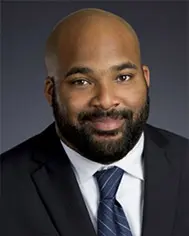
Joshua Childs (University of Texas at Austin)
Joshua Childs is an Associate Professor of Educational Leadership & Policy at the University of Texas at Austin. His research examines the role of inter-organizational networks and cross-sector collaborations to address complex educational issues. He also investigates collaborative approaches involving organizations (local, state, and national) that have the potential to improve academic achievement and opportunities for students in urban and rural schools. This includes ways to improve student engagement and attendance in school, interscholastic athletics, and expanding educational opportunities through concentrated policy design and implementation. Joshua is a Co-PI of the Expanding Computing Education Pathways Alliance, a consortium of 30 states focused on broadening participation in computer science. A former Division I athlete, Joshua graduated from Plano West High School (TX).

Sylvia Epps (Decision Information Resources, Inc)
Sylvia R. Epps, Ph.D., is the President of Decision Information Resources, Inc. She brings more than 18 years of experience designing and leading multiple large-scale data collection and national evaluation projects all focused on advancing social policies and improving programs for underserved populations and racial minorities. Dr. Epps is currently directing multiple evaluations where Culturally Relevant Evaluation and Assessment (CREA) is at the forefront. Specifically, she is leading: the national evaluation of the Will Keith Kellogg Foundation (WKKF) Truth, Racial Healing & Transformation (TRHT), a multi-site initiative to increase diversity, equity, and inclusion and racial justice; the national evaluation of the RWJF Building Capacity for Tobacco Control Advocacy Among Populations Most Harmed by Tobacco initiative, a health equity initiative in 7 distinct locales that seeks to empower African Americans and rural communities to advocate for stronger tobacco control policies in 14 targeted states referred to as “Tobacco Nation”; and the evaluation of the George Kaiser Family Foundation’s Birth through Eight Strategy for Tulsa (GKFF-BEST), a longitudinal place-based initiative designed to alter the nurturing context of a distinct community, She is also directing an evaluation of Bloomberg Philanthropies’ Greenwood Initiative, an effort to increase economic and social mobility, and reduce wealth disparities in Black communities. Previously, Dr. Epps served as project director for the TRIO Implementation and Outcomes (TRIO) study, conducted on behalf of ED’s National Center for Education Evaluation and Regional Assistance, to investigate what implementation strategies were commonly used by Upward Bound projects and how they varied across project characteristics. TRIO programs identify and provide services for students from disadvantaged backgrounds. In recognition of her contributions to the industry and her community, Dr. Epps was recently honored by the Houston Business Journal as a “40 Under 40” awardee and selected as an Affiliate Researcher for the Center for Culturally Responsive Evaluation and Assessment (CREA) at the University of Illinois at Urbana-Champaign.

Olatokunbo (Toks) S. Fashola (American University)
Olatokunbo (Toks) S. Fashola (Ph.D.) received her Ph.D. in Educational psychology from the University of California, Santa Barbara in 1995, and have spent her career as a policy researcher, and a program evaluator. Currently, she holds a Research Professor position American University in Washington, D.C. She serves as the faculty coordinator for the Dual Enrollment program, and the Early Childhood Education accreditation specialist for the National Association for the Education of Young Children (NAEYC). She is also a Faculty Associate for the Center for Culturally Responsive Evaluation and Assessment (CREA). Over the years, her research has addressed risk factors, protective factors, buffers, assets and resiliency, with a special emphasis on English Language Learners, African American Males, school reform programs and models, low-income students in grades Pre-PRE-K-12, opportunities beyond the school hours, and early childhood education.
She has used rigorous applied research designs and methods such as synthetic analyses and systematic reviews and randomized field trials to analyze and evaluate the effects of programs that are designed to serve as protective factors for students in grades PRE-K-12. She has also participated in additional types of research studies and projects, which have included pilot studies, and evaluations of projects aimed at improving the opportunities of underrepresented minorities, individuals with disabilities, and English language learning. Tok's work over the past thirteen years has addressed the effectiveness of programs for African American males, English Language Learners (ELLS), and low-income students, particularly recipients of Titles I-IV services.
Her previous work has also included being the Task Leader for the creation of expert papers for the National Center for Special education Research, exploring topics such as single case studies, Regression Discontinuity Designs (RDDs), Interrupted Time Series, and Randomize Field Trials (RFTs). Some current research manuscripts appear in the Journal of Education of Students Placed at Risk (JESPAR), Phi Delta Kappan, Urban Education, and the American Educational Research Journal (AERJ), Peabody Journal of Education, and Journal of Negro Education.
Tok's current work addresses equitable college access, and persistence in STEM among traditionally excluded and underrepresented students in IHEs and in STEM. For STEM work, she explores Culturally Responsive research and implementation methods used to broaden access to STEM pipelines. In her Dual Enrollment work, she explores systems in higher education, and how members of this targeted population navigate the systems and how the systems themselves may change in order to provide better post-secondary opportunities and avenues success to students.
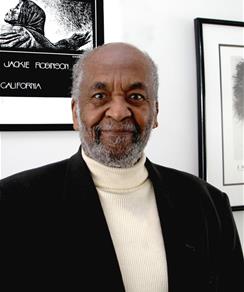
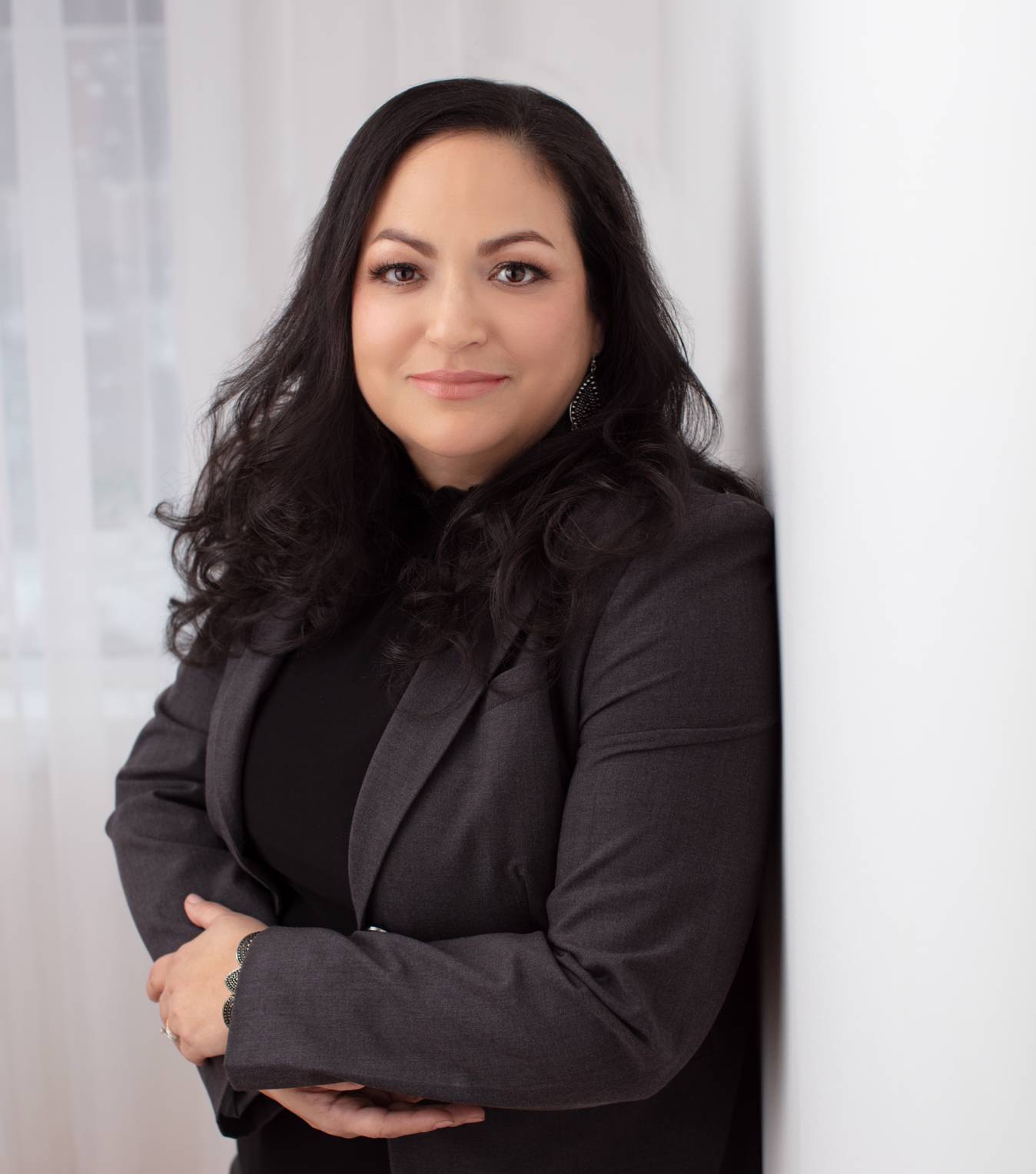
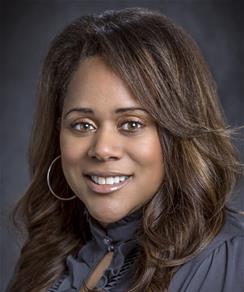
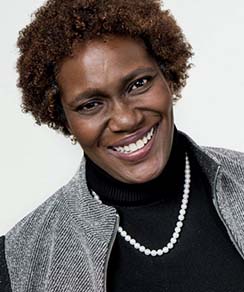
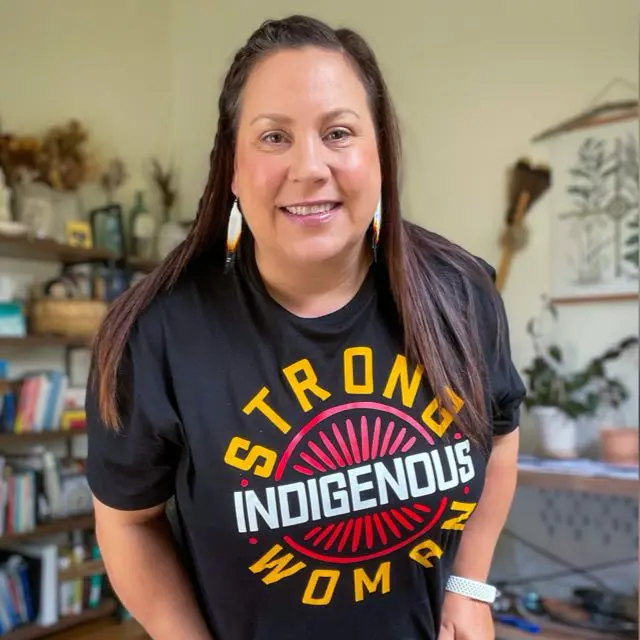
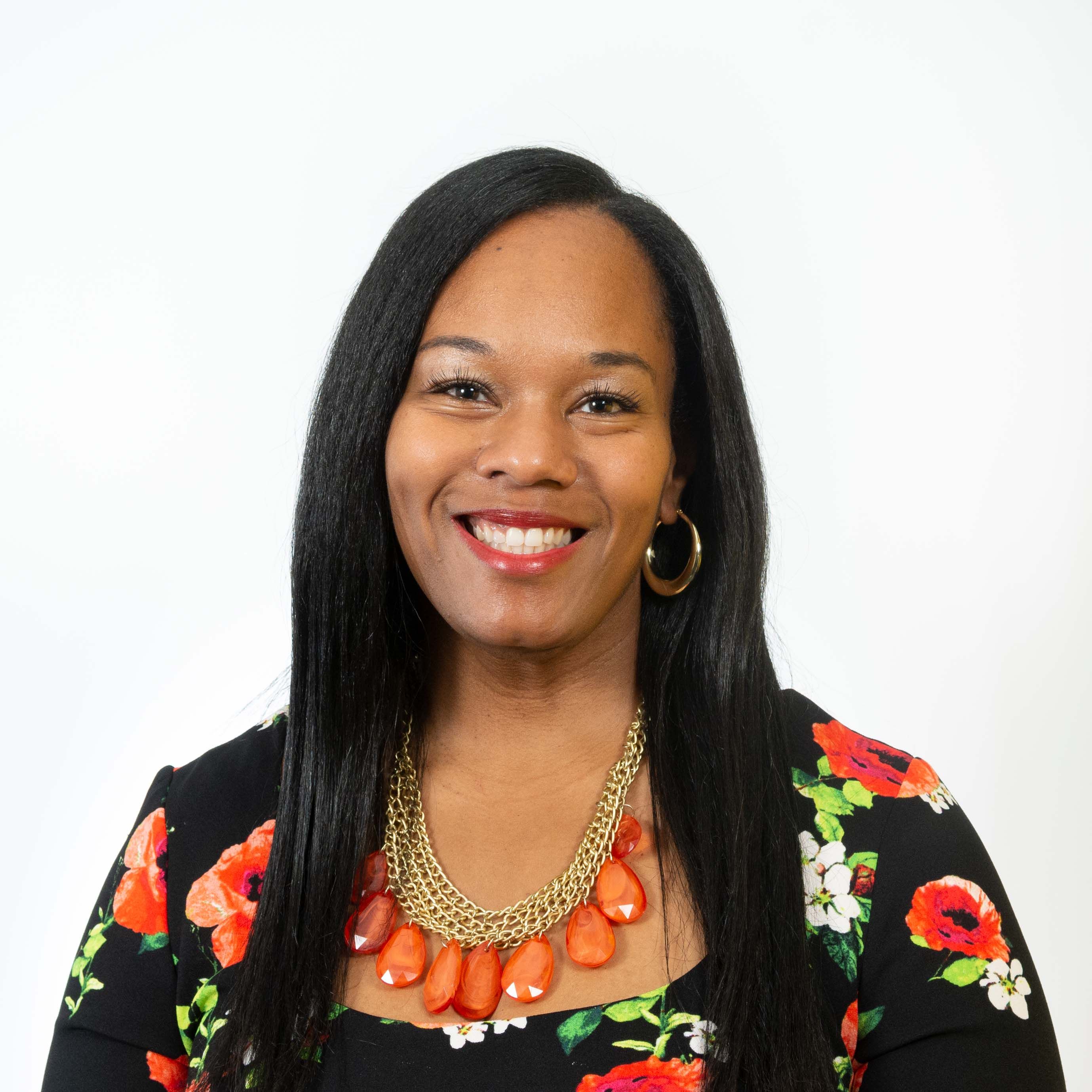

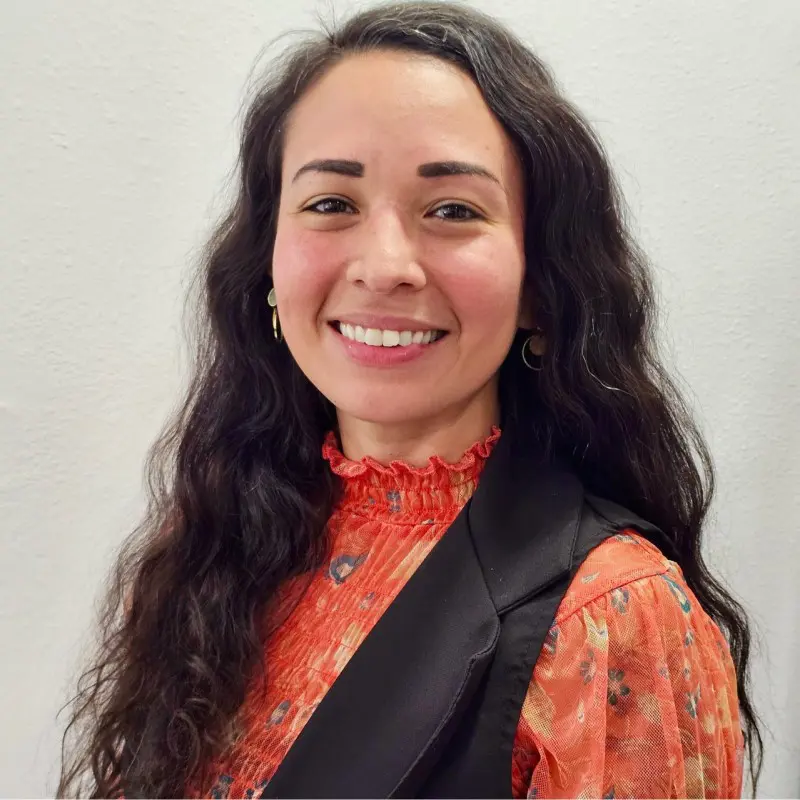


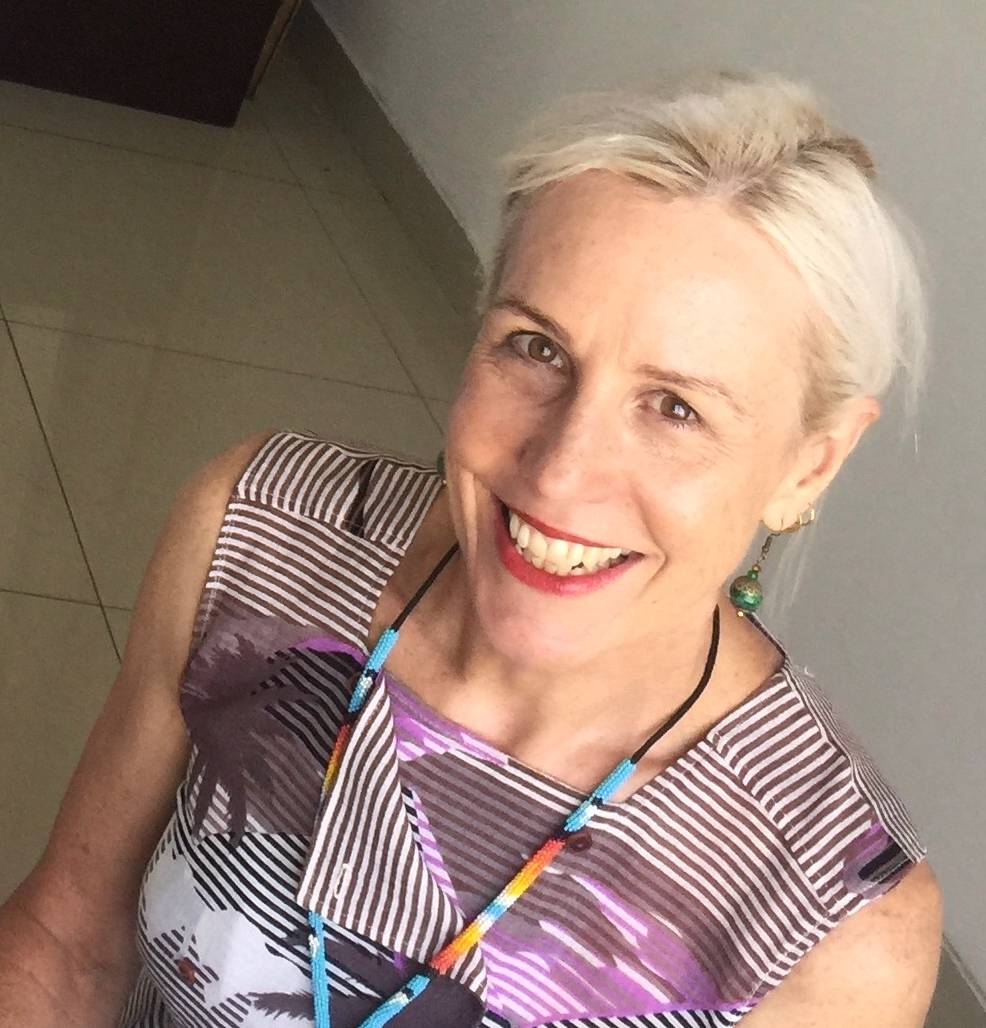
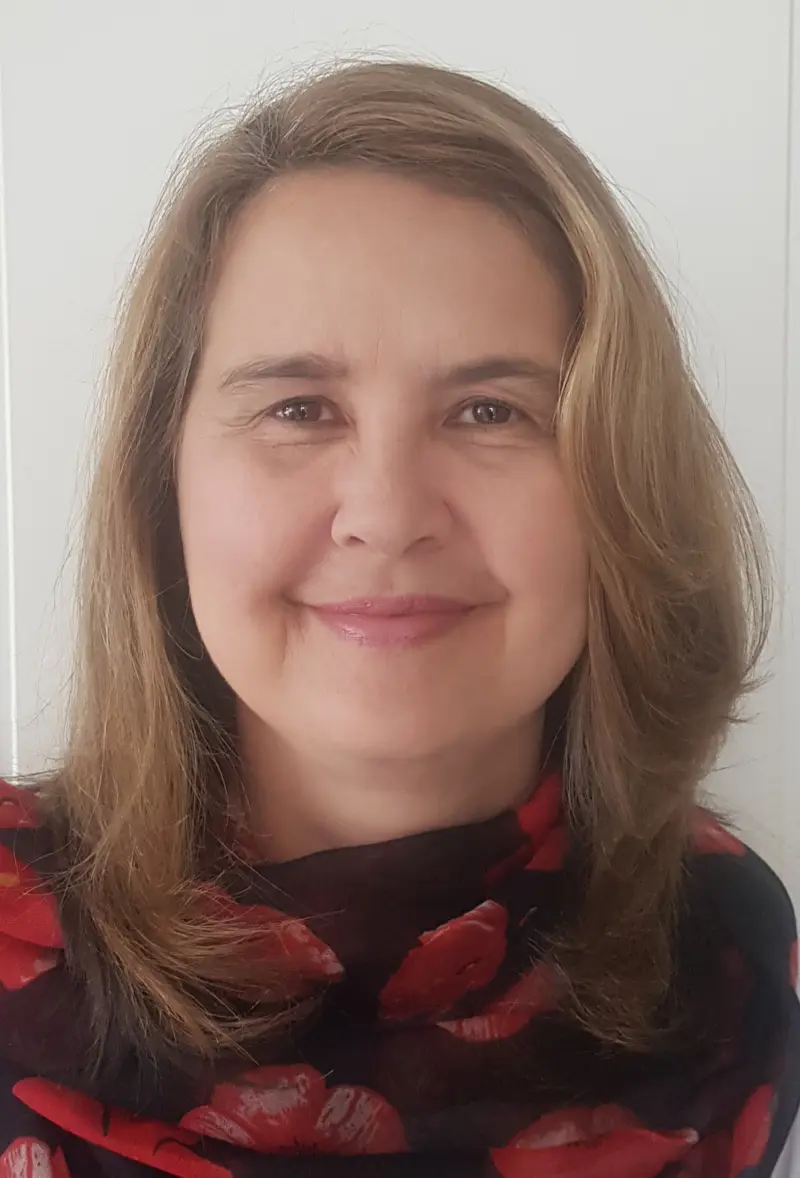


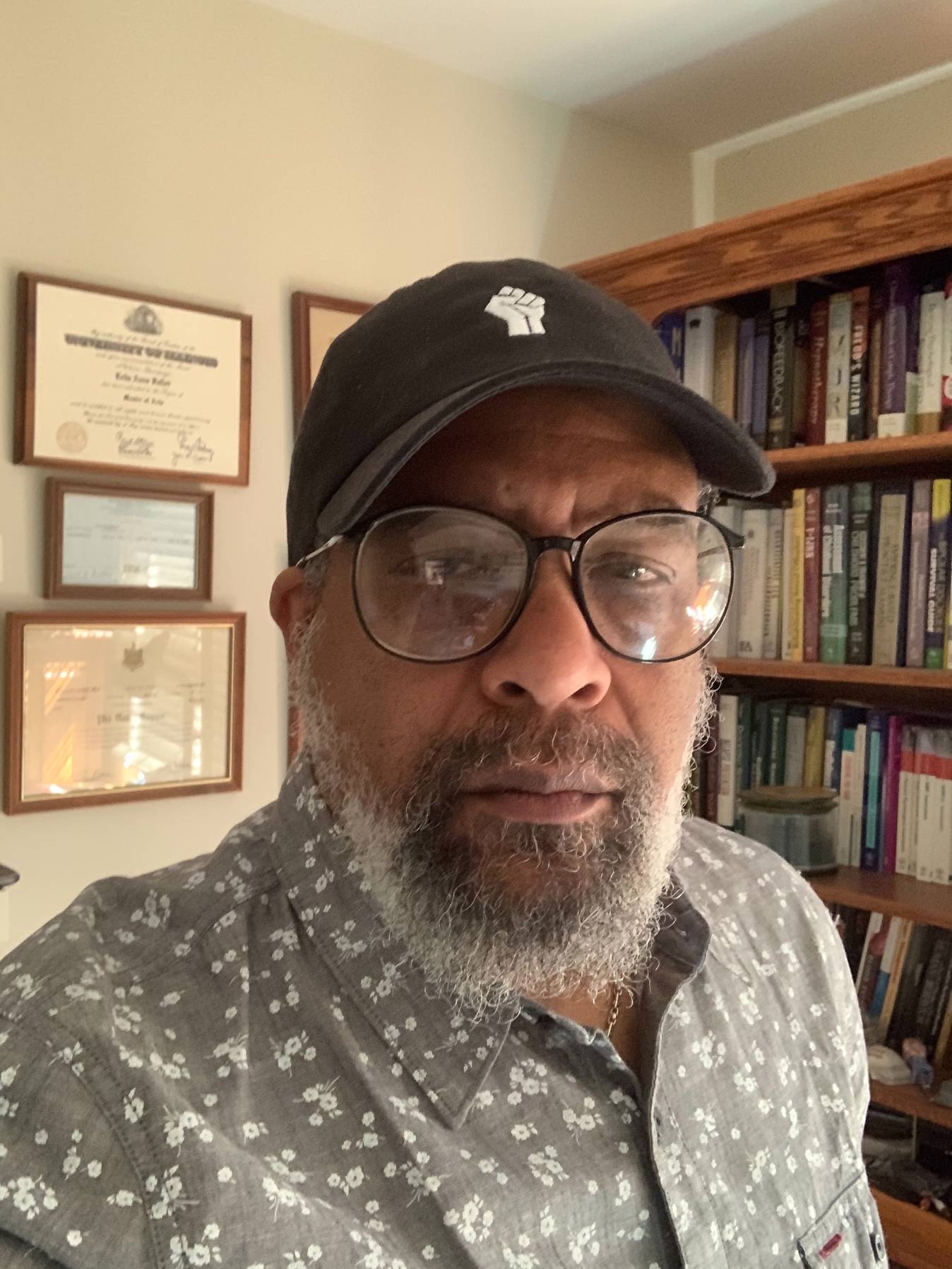

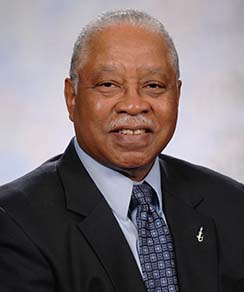

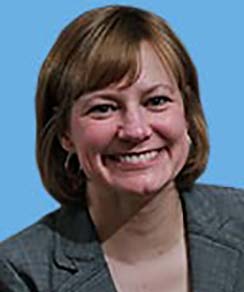
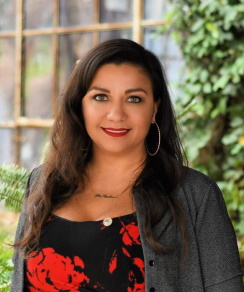
.webp?sfvrsn=33d2a0ac_0)
